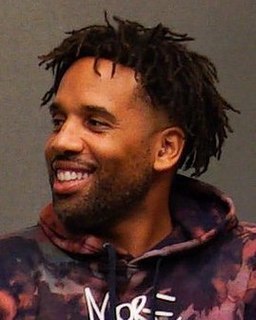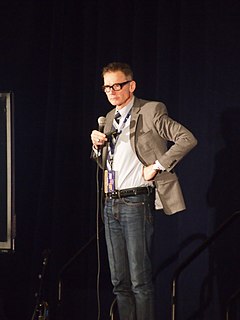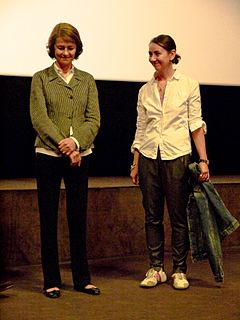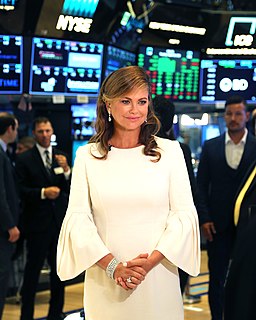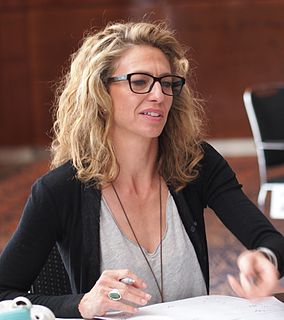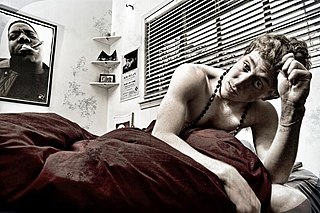A Quote by Maverick Carter
When you ask people questions about what they've done, not only do you get knowledge, but they like you because people like to be asked questions about what they've done and talk to someone who's interested in them.
Related Quotes
Whenever I'm giving talks, I always ask people to think of the most obscure questions because I enjoy those the most. I always get the same questions: Why does Pickwick say "plock" and will there be a movie? I like the really obscure questions because there's so much in the books. There are tons and tons of references and I like when people get the little ones and ask me about them. It's good for the audience [and also] they realize there's more there.
It wasn't that I hated being asked a bunch of questions. I had nothing against questions. I just didn't like listening to them, because some questions take forever to make sense. Sometimes waiting for a question to finish is like watching someone draw an elephant starting with the tail first. As soon as you see the tail your mind wanders all over the place and you think of a million other animals that also have tails until you don't care about the elephant because it's only one thing when you've been thinking about a million others.
You're not a Black man. You're a human being in God's eyes. So when you sit down to talk to someone and you talk to them in really intelligent terms, you ask difficult questions, there's a militancy that's assigned to you without you asking for it, because you are simply judged by what you look like. If you're a white person asking the same questions, you'd be one of these CNN guys and say how brilliant he is. That doesn't work for you, because this is the world we live in.
I feel like people expect me to give them easy answers, but there aren't really easy answers. There are only harder questions. And unless we get to the harder questions part, about what this conversation is really about...of course I want an immigration bill to pass. I want people to have a driver's license and work permits and green cards and passports. But this conversation transcends this bill. We're not going to have a perfect bill. This is politics. I feel like my job is instead of giving people easy answers, my job is to actually to ask people to probe deeper.
The part of the strangeness of coming back from the war is the way we talk about it. We try to have a discussion about the war that doesn't turn into a discussion about one political side or the other. I wanted to reach out and talk to people about it through fiction, the way a narrative can draw someone in and ask them those questions.
I always find it kind of more interesting when people ask questions like, "What were you like as a kid?" Or just kind of personal history stuff, like, "What was the lowest point of your life?" Because that would be like, "Huh, well, I'd have to think about that one." And then give an honest answer. I think a lot of people don't want to give honest answers, or they just are in business showbiz mode when they're talking about stuff, so that's probably why a lot of that kind of thing doesn't get asked.
If you don't understand, ask questions. If you're uncomfortable about asking questions, say you are uncomfortable about asking questions and then ask anyway. It's easy to tell when a question is coming from a good place. Then listen some more. Sometimes people just want to feel heard. Here's to possibilities of friendship and connection and understanding.
